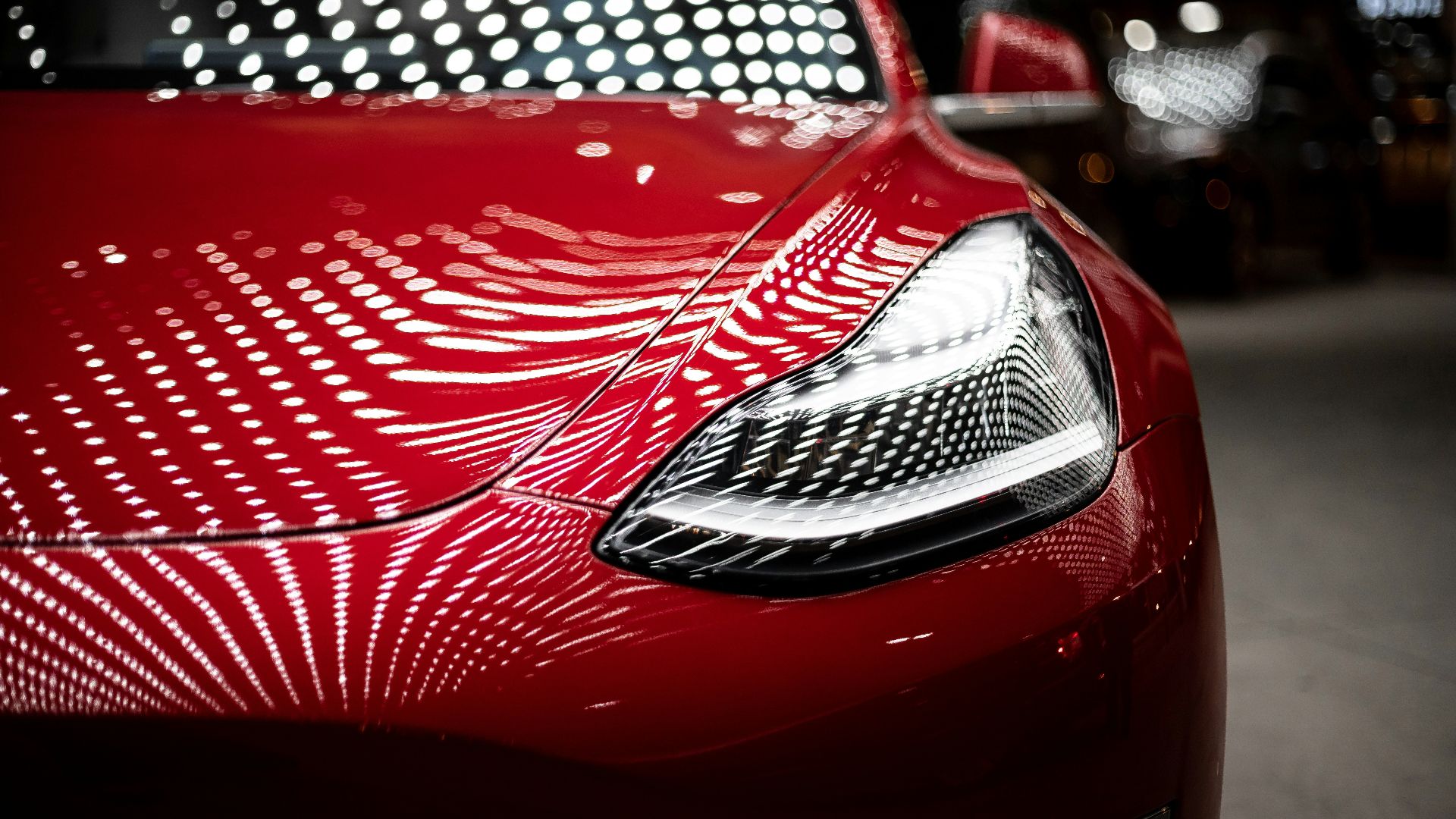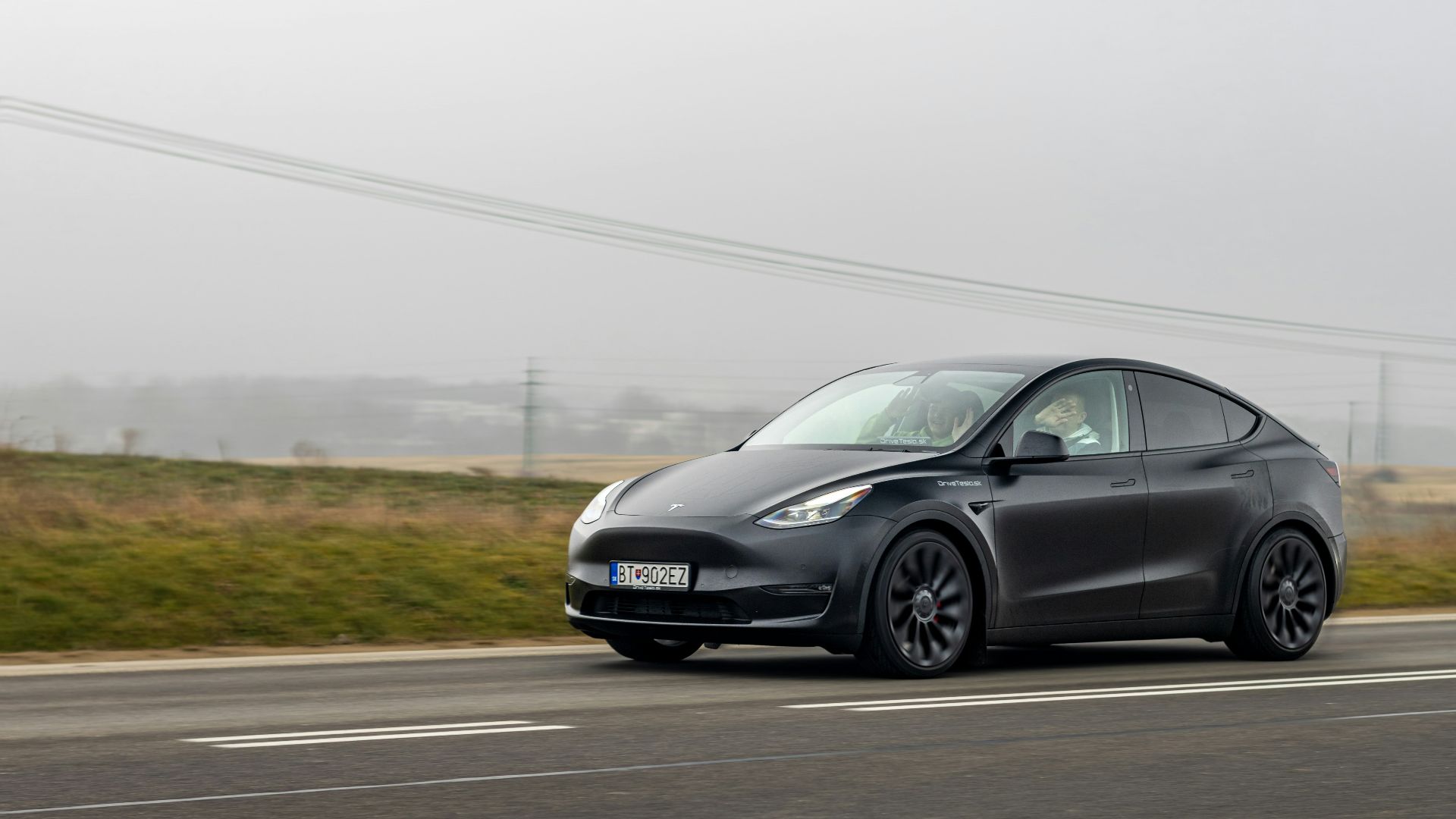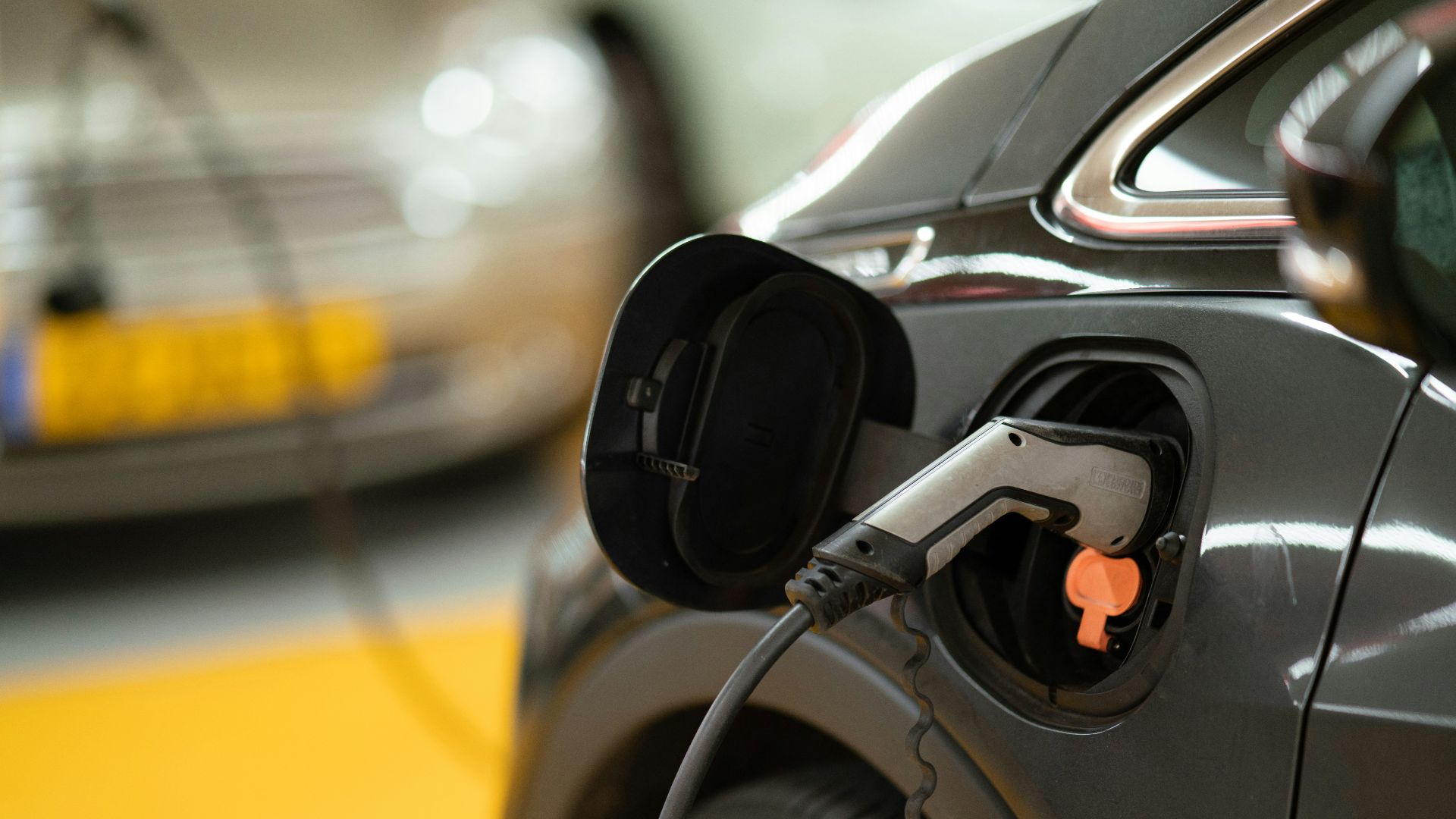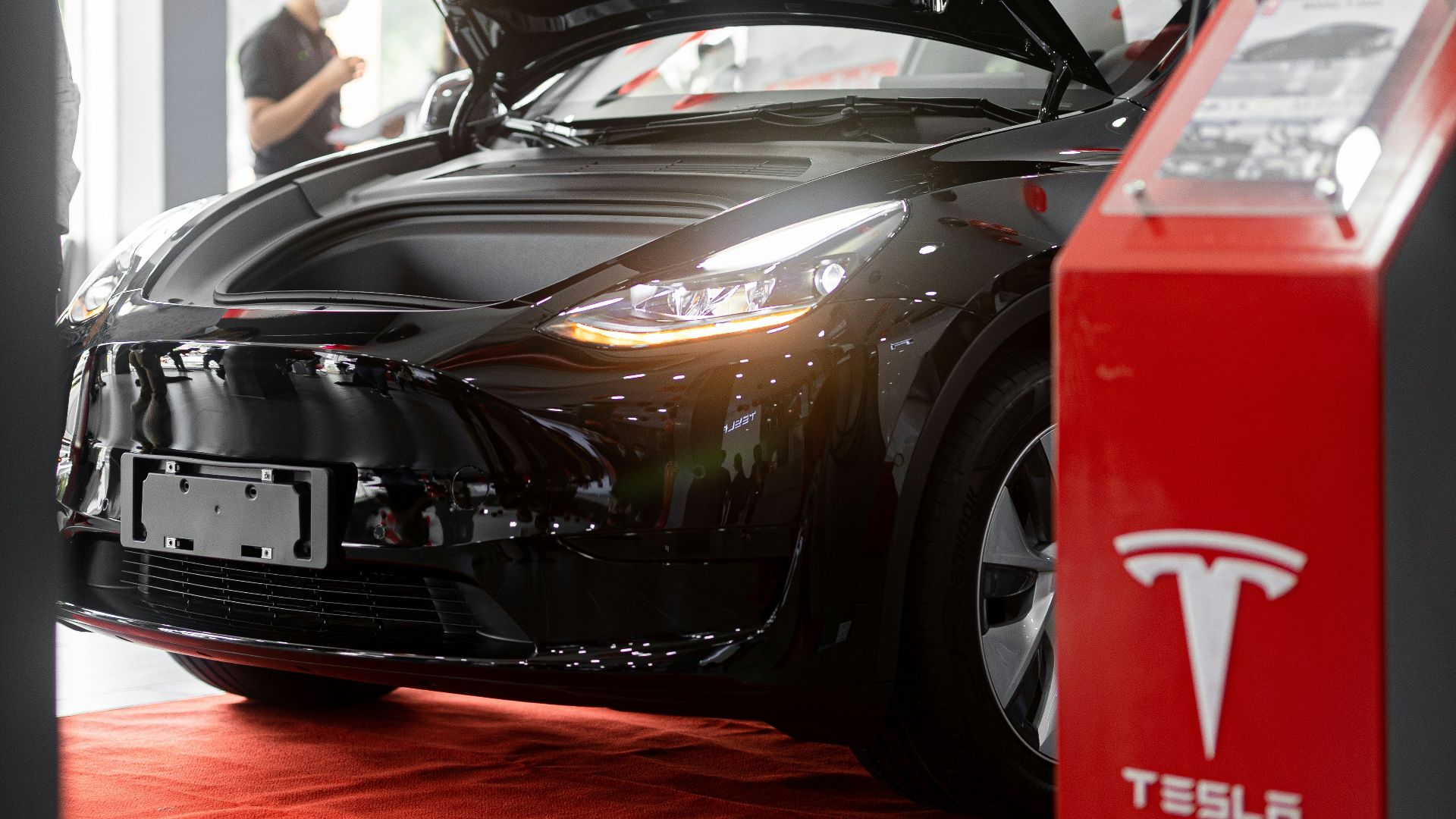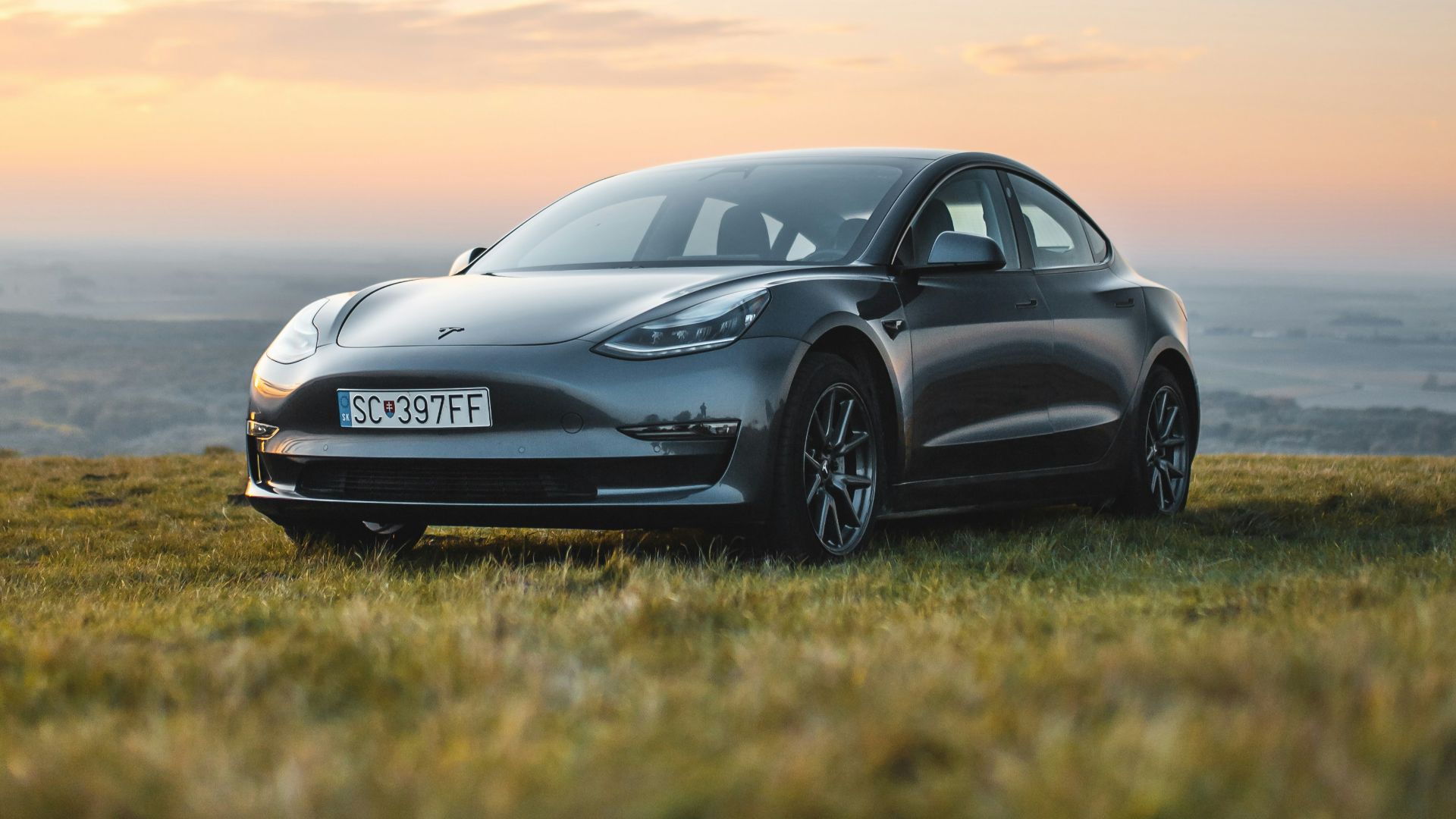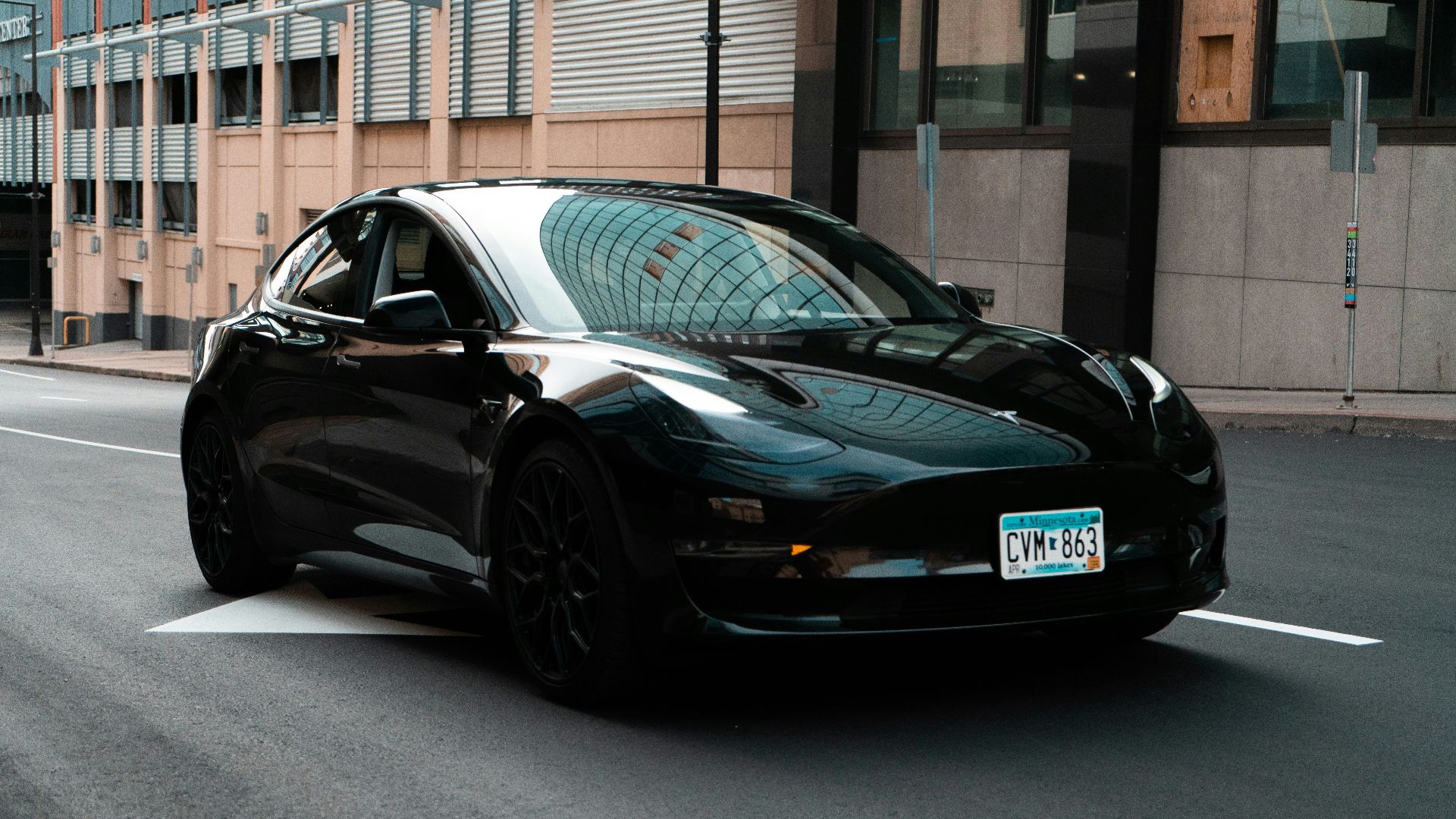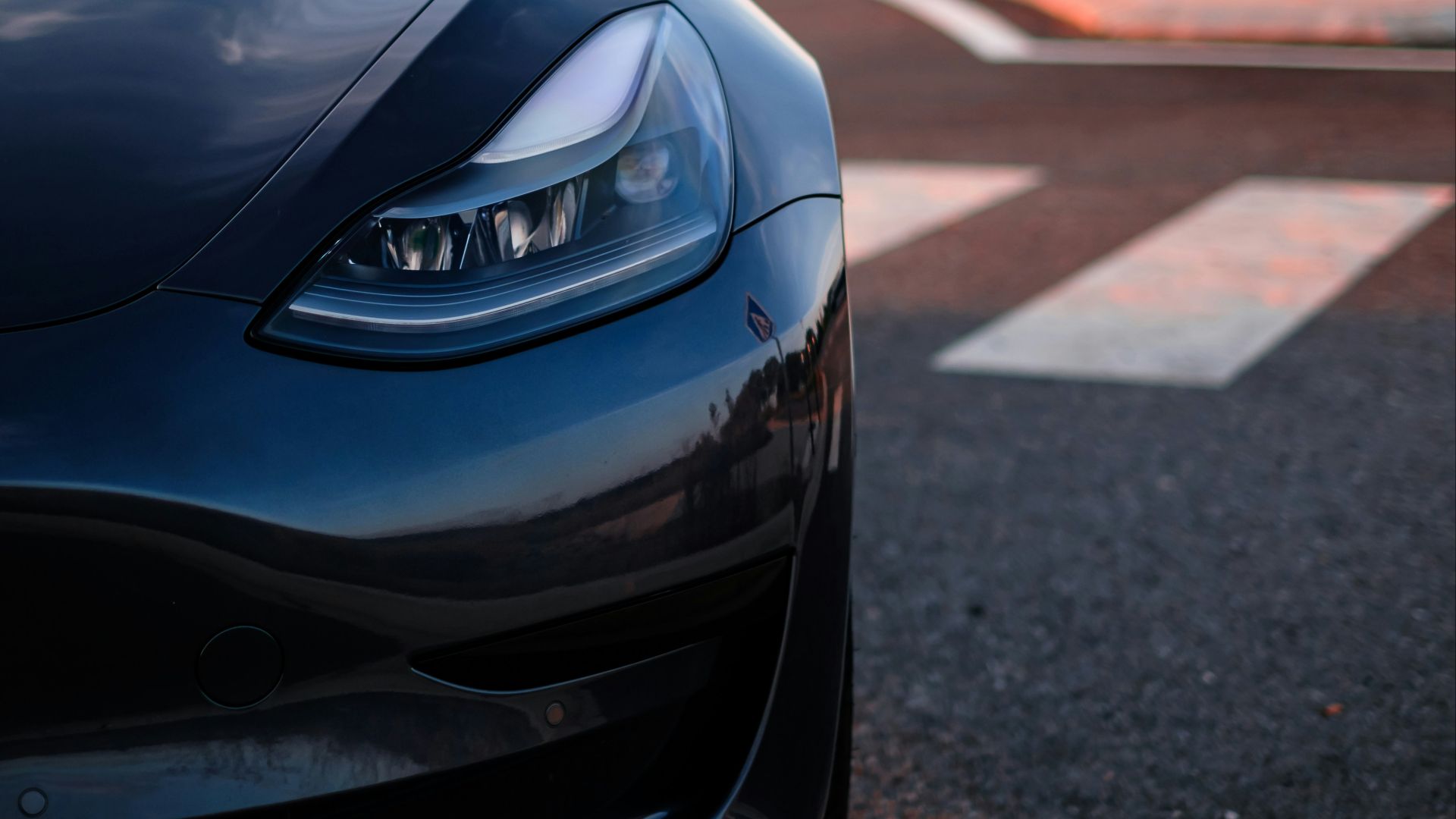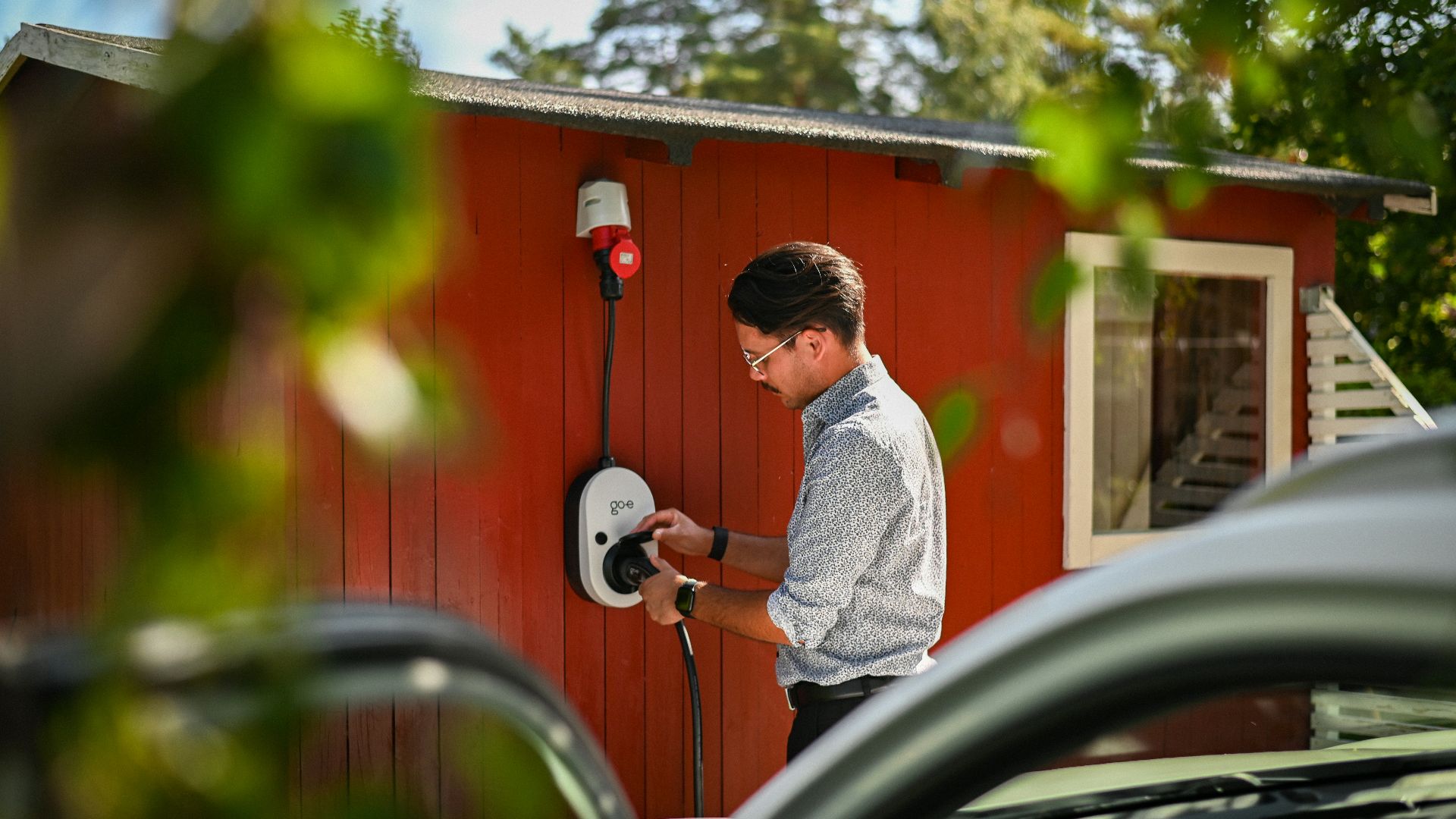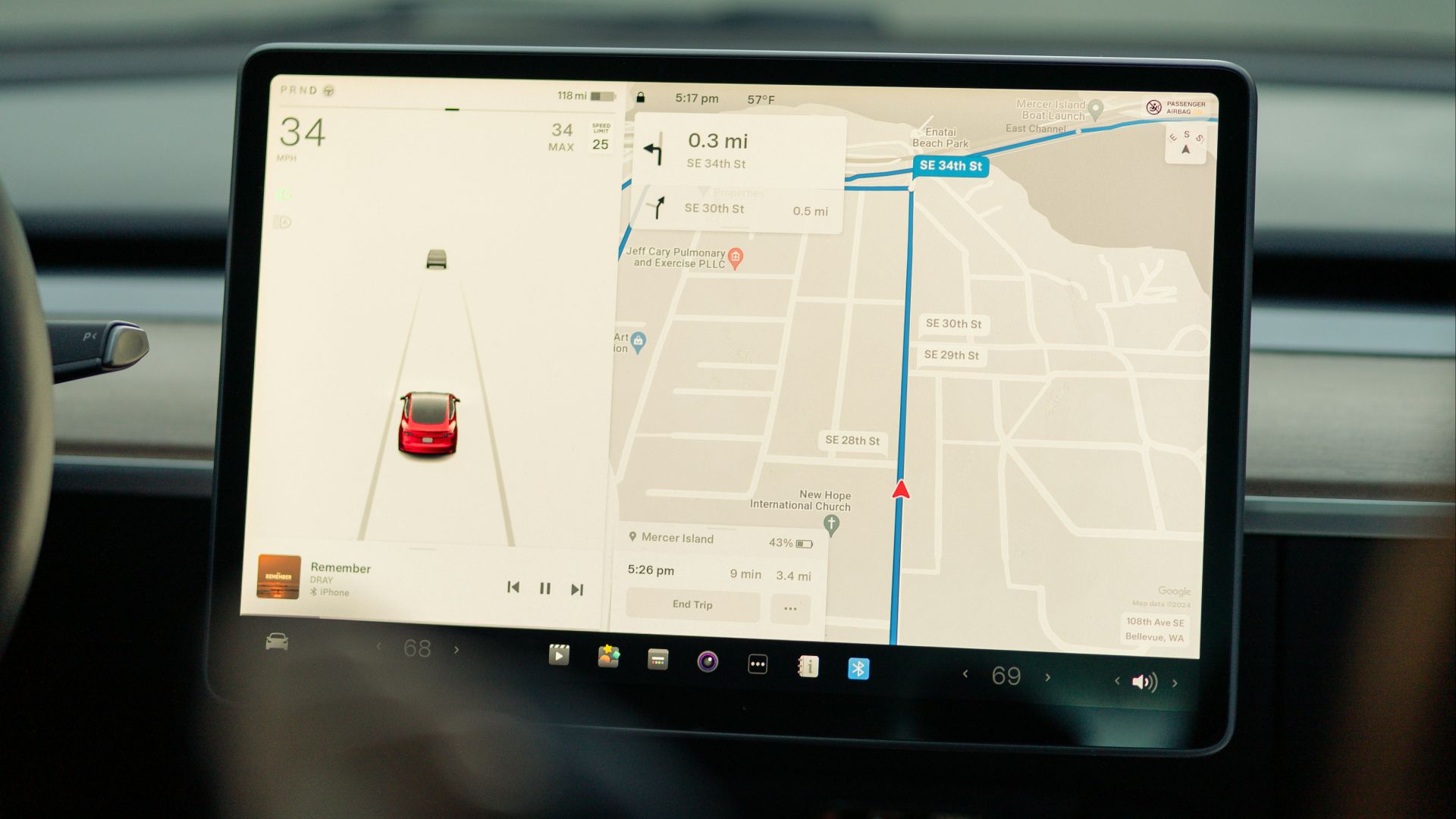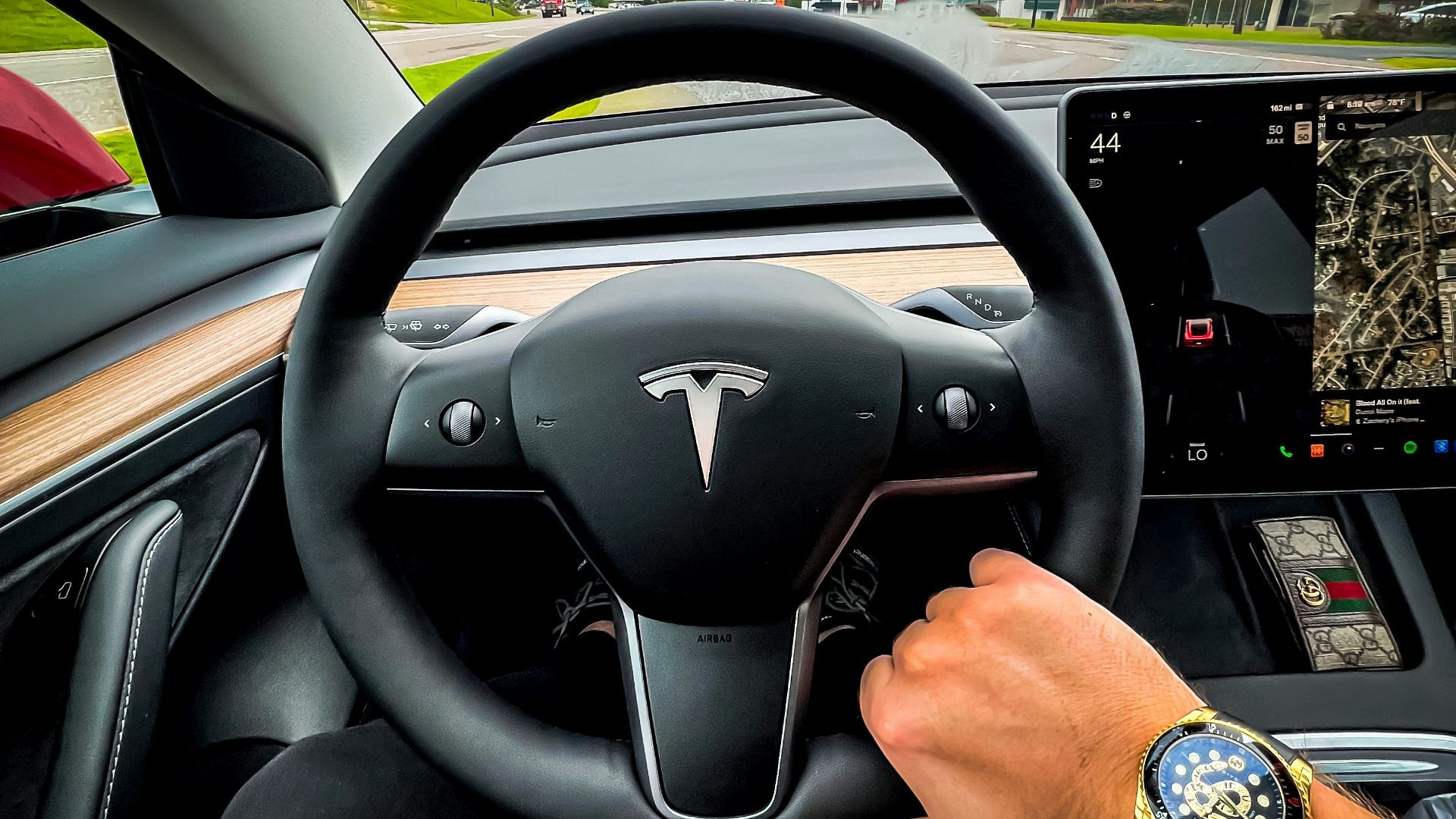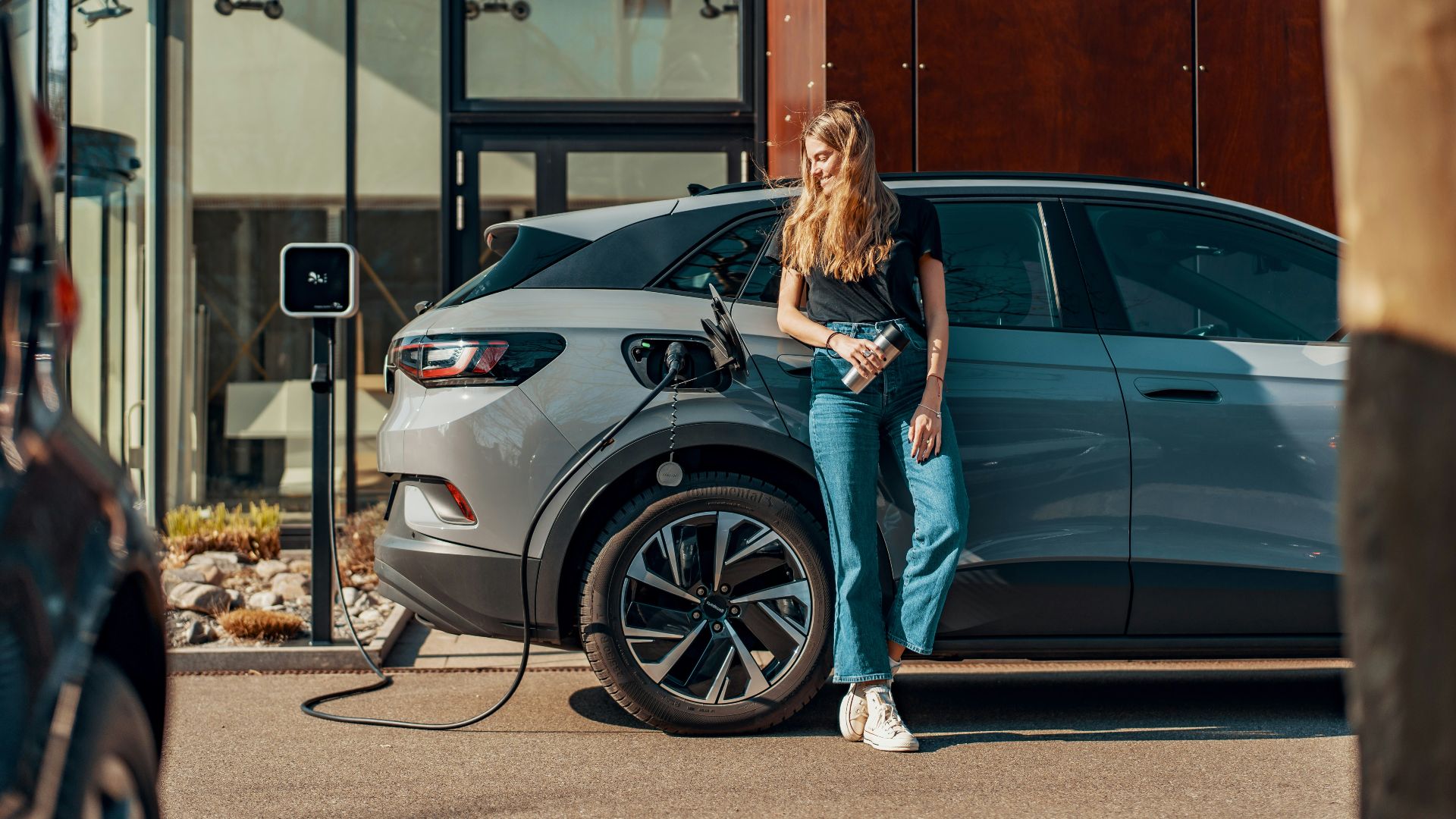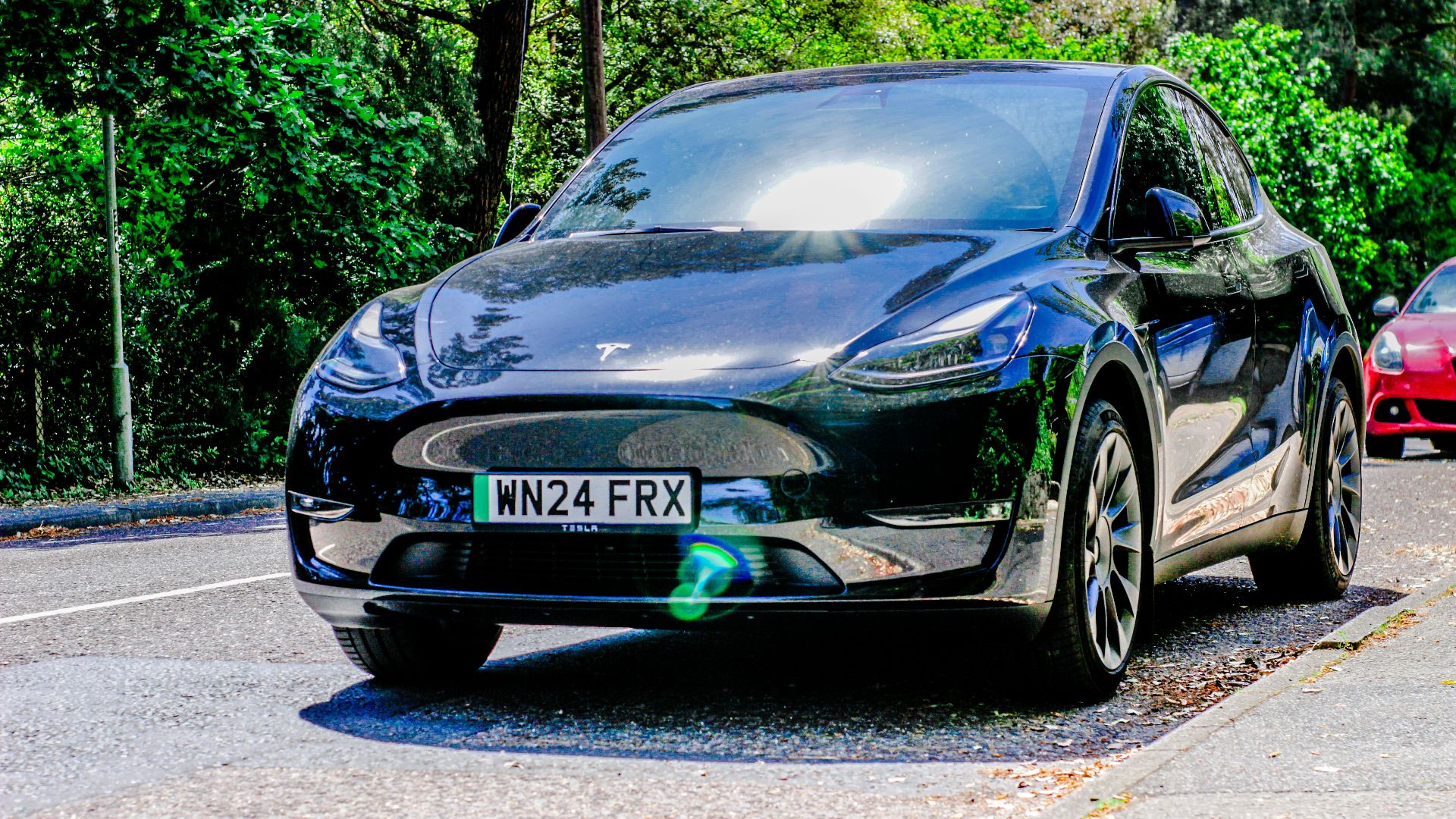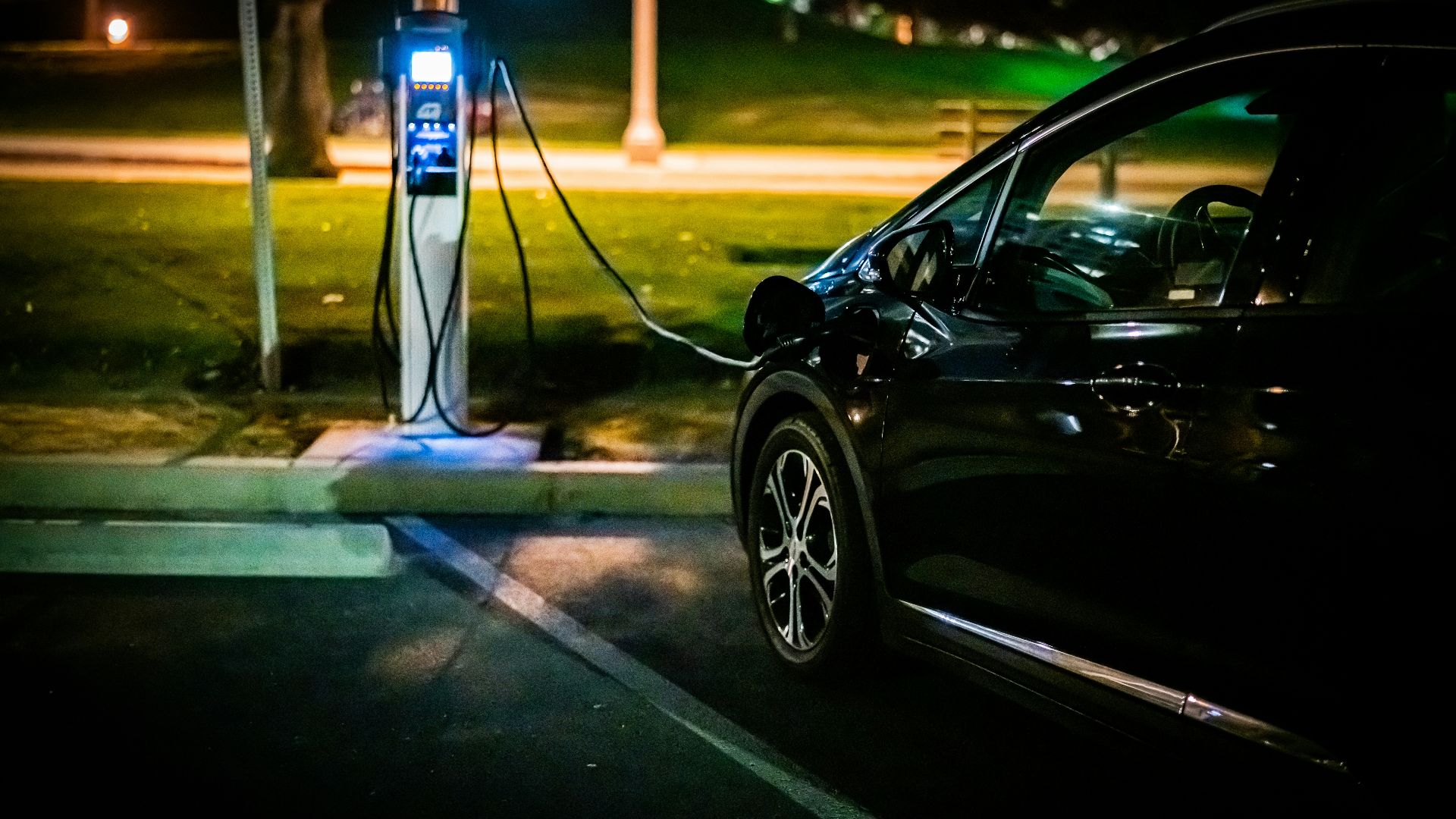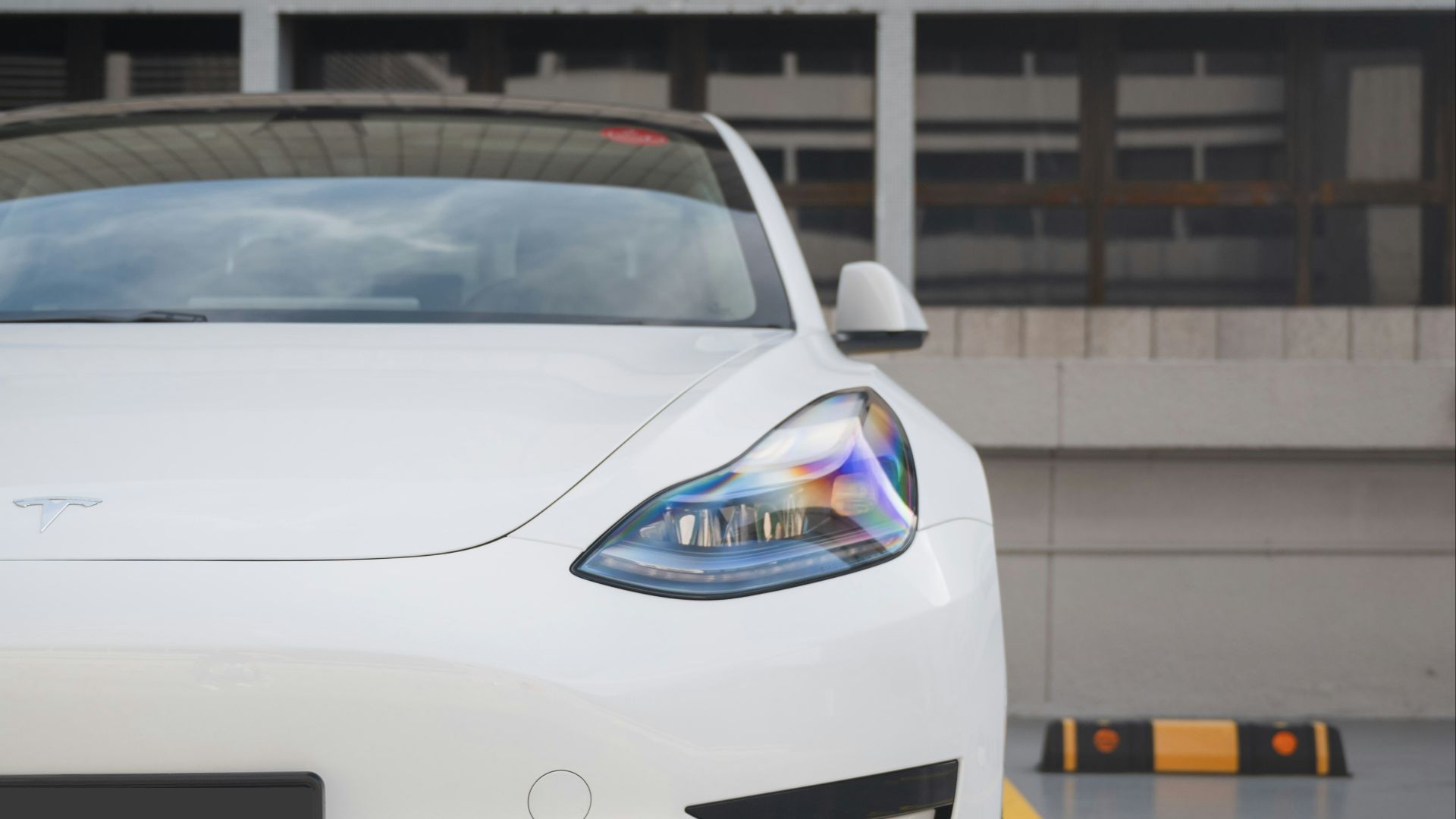A Love-Hate Relationship on Four Wheels
Electric cars inspire strong feelings. Some see them as sleek saviors of the planet, humming silently into a cleaner future. Others see overpriced gadgets that leave you stranded at a charging station in the midst of a snowstorm. Both camps have points. The truth lives somewhere in the middle: electric cars are a marvel and a headache, depending on which side of the argument you’re living that day. Let’s take a ride through the good and the bad—10 reasons in favor of these technological marvels and 10 reasons why they fall short of being a cornerstone of the promised green utopia.
1. Instant Torque Feels Like Magic
Press the pedal and the car leaps forward across the asphalt. No gears grinding, no hesitation. Just immediate torque that pushes you back in the seat. Even a modest EV feels zippy compared to a gas sedan. It’s an addictive feeling.
2. Quiet, Almost Too Quiet
Gliding along at 30 mph, you hear the tires and the wind, but not much else. It feels futuristic (and, well, it is). The silence is almost eerie, like the highway soundtrack forgot to load. Another bonus is that neighbors don’t complain when you pull into the driveway late at night.
3. Lower Fuel Costs
Electricity per mile is generally cheaper than gas, depending on where in the world you live. A full charge at home might cost the price of a latte. If you compare that to a $70 tank of gas, it’s difficult not to smile every time you plug in.
4. Fewer Moving Parts
With electric vehicles there are no oil changes, no exhaust system, and no transmission fluid. Their engines have less to break, as well as less to maintain. Owners brag about visiting the mechanic only for tires and brakes. There’s peace of mind in the mechanical simplicity.
5. Cleaner for Cities
EVs produce zero tailpipe emissions, which means cleaner air for crowded cities. There’s no idling fumes at intersections, no choking exhaust in traffic. Public health experts love this aspect of electric vehicles, and frankly, our lungs are happier as well.
6. Regenerative Braking Feels Like Sci-Fi
The moment you lift your foot, the car slows as it funnels energy back into the battery. You can almost drive with one pedal, leaving the brake ignored. Once you get used to this feature, regular brakes feel clunky and outdated.
7. Incentives Sweeten the Deal
Governments worldwide are rewarding green initiatives, and those interested in an electric car are likely able to take advantage of tax credits and rebates. Governments practically wave you through with discounts and perks. Sometimes that’s the push that tips the decision from maybe to yes.
8. Home Charging Convenience
At the end of a long day, you plug in and wake up with a full “tank.” No more gas station lines, no more freezing hands on a pump handle at 7 a.m. For short commutes, it’s like magic refueling while you sleep.
9. Tech-Laden Cockpits
With their big touchscreens, over-the-air updates, and driver-assist features, EVs are on the cutting edge of technological advancements. They feel more like smartphones on wheels than traditional cars. For tech lovers, this is half the appeal.
10. Future-Proof Cool Factor
Let’s be honest: driving an EV is a status symbol and signals you’re part of the future. It’s like carrying the first iPhone before everyone else. With the sleek lines and hefty price tag for some models—it’s a flex, subtle or not.
Now, here are ten reasons why EVs fall short of delivering on their promises.
1. Range Anxiety Is Real
You can’t escape the relentless math of miles left versus miles to go. The fear of a dead battery in the middle of nowhere gnaws at you, especially on road trips when charging stations are few and far between. Gas cars rarely inspire this kind of anxiety.
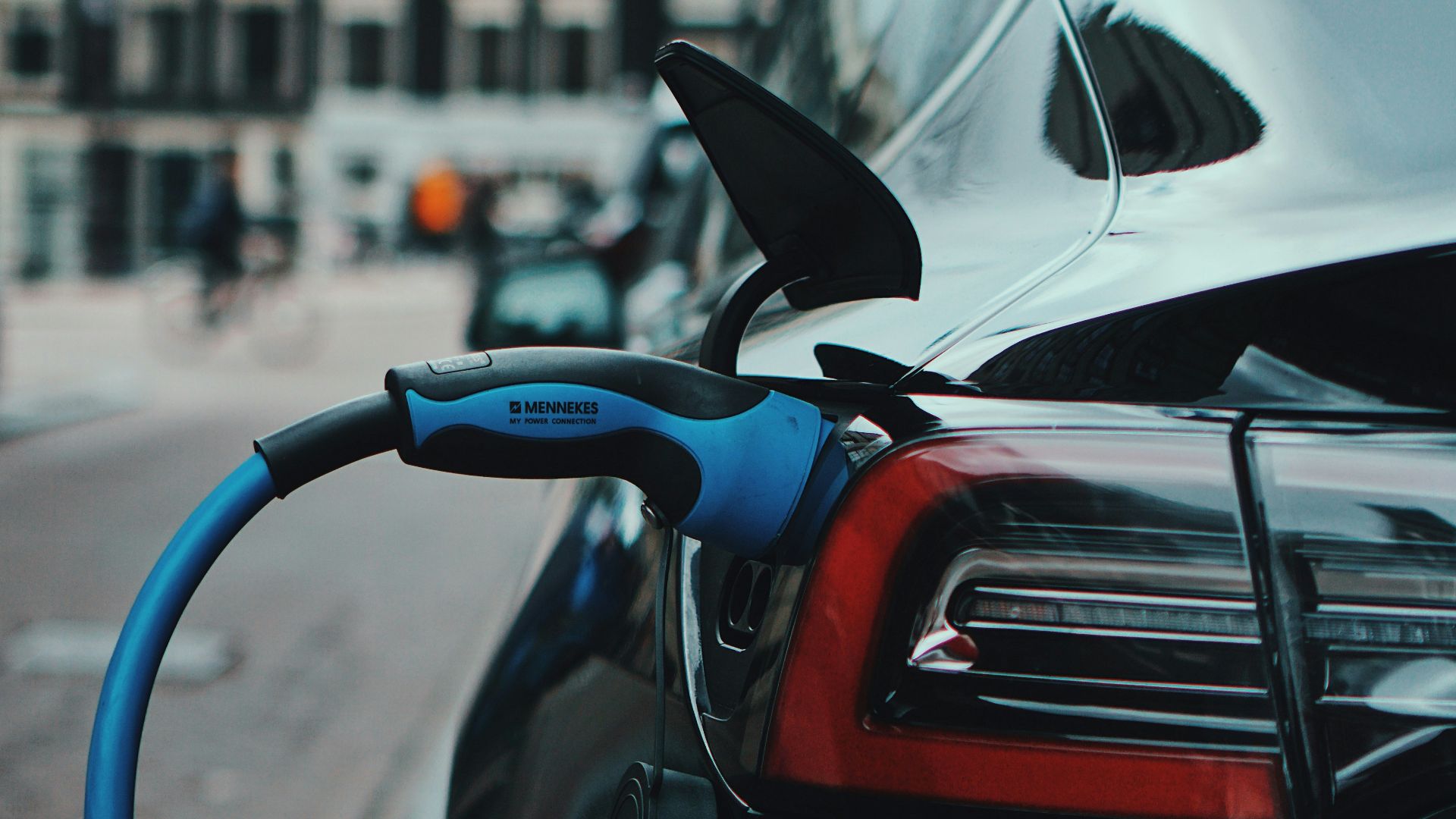 Precious Madubuike on Unsplash
Precious Madubuike on Unsplash
2. Charging Can Be a Chore
Yes, home charging is convenient. But road trips? Nobody wants to spend hours at a charging station with overpriced fast food and spotty Wi-Fi. Sometimes every charger is taken. Oftentimes, they’re broken. In these situations, it’s challenging not to look over at the cars fueling up at the gas station with a certain degree of envy.
3. Sticker Shock Up Front
Even with incentives and rebates, EVs cost more than many, if not most, gas equivalents. The promise of future savings at the pump feels stale when the entry fee is so steep. For families on a budget, the math often just doesn’t work out.
4. Battery Degradation Over Time
The truth is that lithium-ion batteries lose capacity. Gradually, yes, but it happens. Ten years down the line, range can shrink by 15–20%. Replacing a battery pack costs thousands, so it’s like having a timer slowly running out under the hood.
5. Winter Isn’t Friendly
Cold weather drains batteries and slows charging considerably. Cabin heaters also gobble energy. That 300-mile range on paper suddenly feels like 180 when it’s below freezing and you have to wait outside in the frigid cold, waiting for your car to charge.
6. Weight and Tires
EV batteries are heavy. Really heavy. That weight wears out tires faster and makes potholes feel harsher, risking considerable damage to your car. Some cities are already worrying about road damage from these heavy vehicles, not to mention the microplastics spewed in the air from the tires eroding. Added pollution is an ironic consequence of green vehicles.
7. Limited Charging Infrastructure
Urban centers do fine with providing access, but rural areas are sparse at best. Drive cross-country and you’ll quickly learn which states lag behind. Gas stations are everywhere. Chargers aren’t, and unless you plan your route carefully, you may find yourself stranded on the side of the road. A jerrycan can’t help you in this situation.
8. Electricity Isn’t Always Clean
Just because you don’t have a tailpipe doesn’t mean your car gives off no emissions. In coal-heavy regions, charging an EV can mean you’re still feeding fossil fuel plants. It may be cleaner than gas, sure, but it’s not as saintly as advocates claim.
 Chris LeBoutillier on Unsplash
Chris LeBoutillier on Unsplash
9. Repairs Aren’t Simple
When something does break, good luck. Not every mechanic is trained to handle high-voltage systems or advanced computer systems. Dealership wait times can stretch for weeks, leaving you without a functional vehicle. Independent garages often turn you away, and even if they don’t, you risk voiding your warranty if you use their services.
10. The Human Side of Driving Gets Lost
Some miss the rumble of an engine, the tactile shifts of a manual, and the smell of fuel. That’s not to mention the freedom to repair and modify a vehicle on your own, swapping parts and adding upgrades. With electric vehicles, driving becomes clinical, and you lose the freedom to tinker on your own car. For enthusiasts, it feels like a soul got traded for software.


